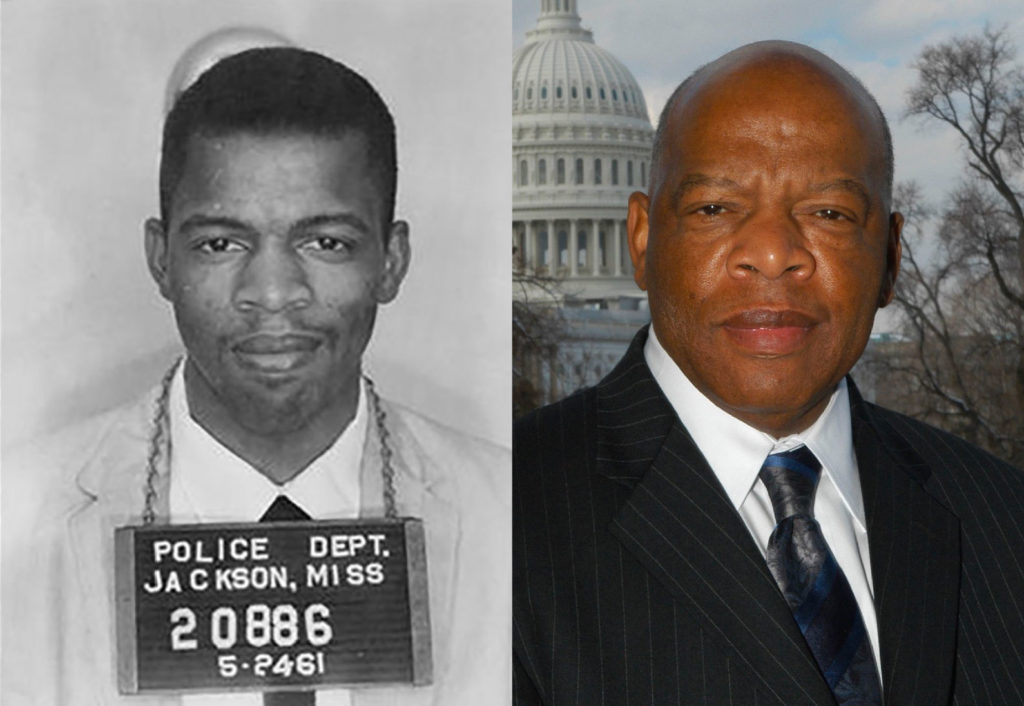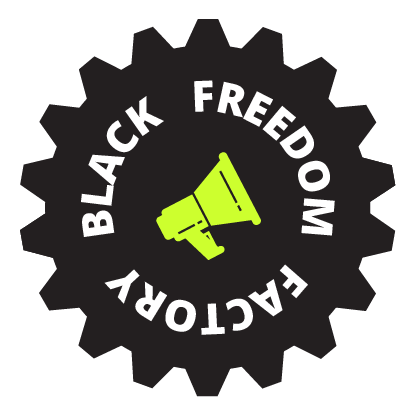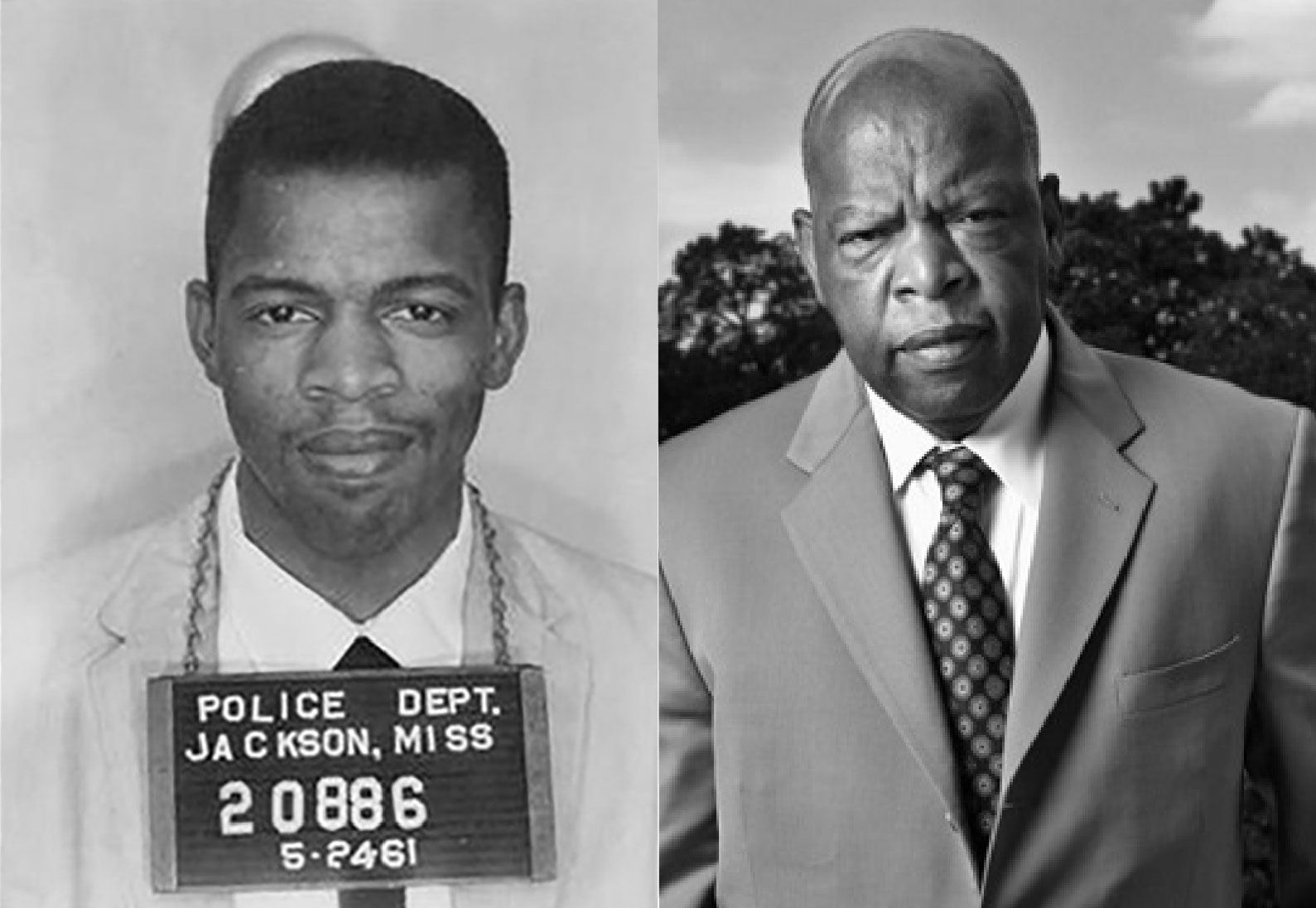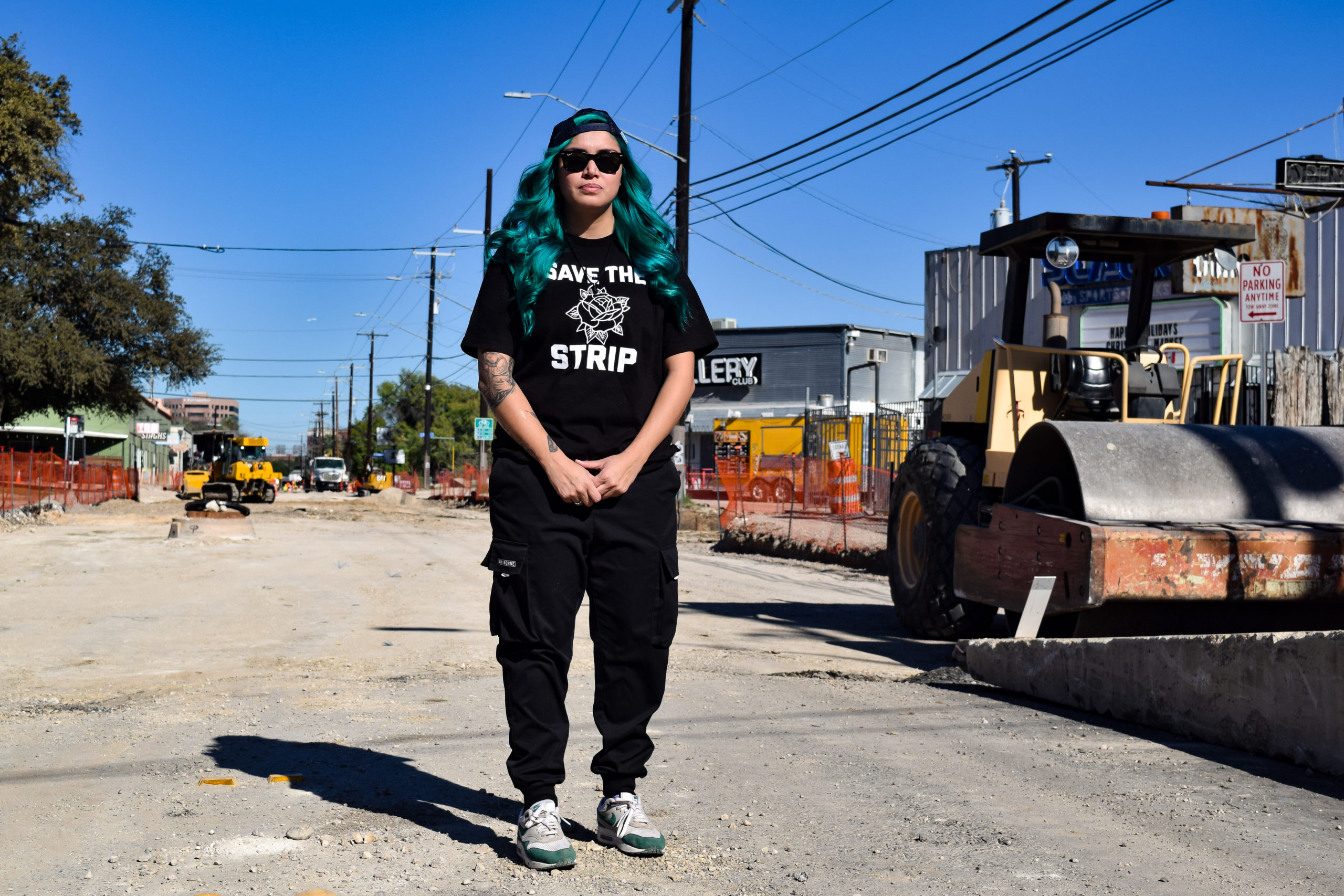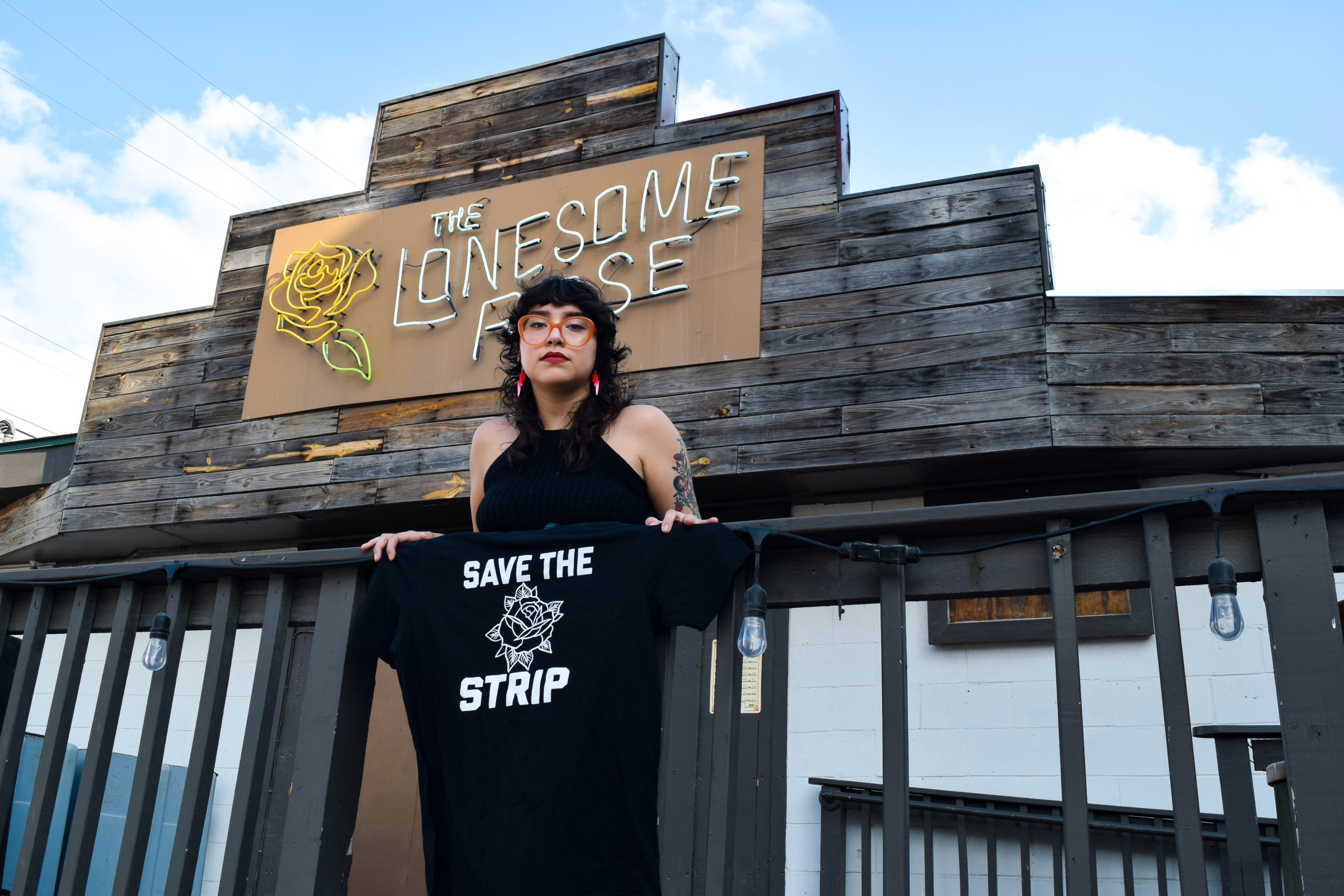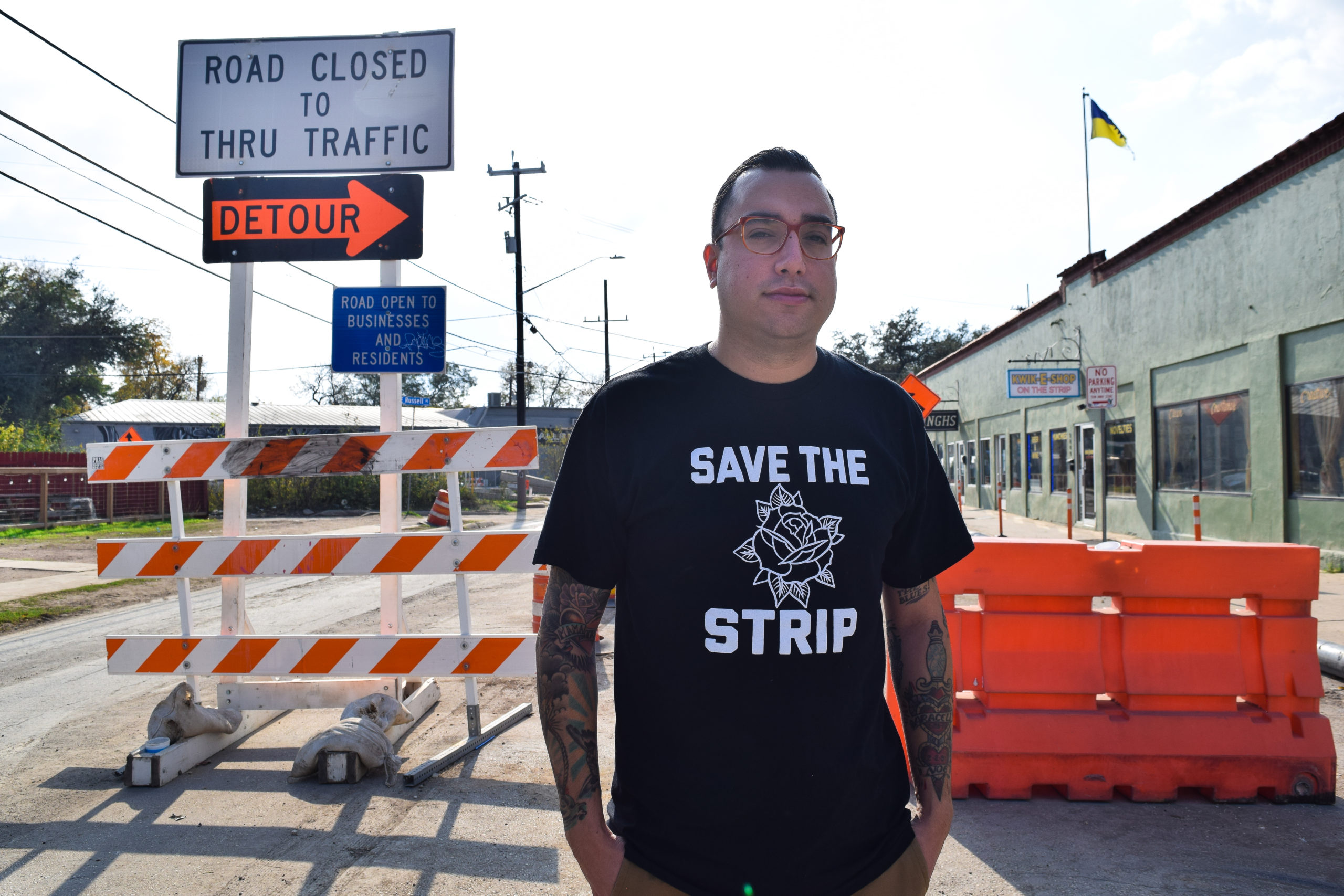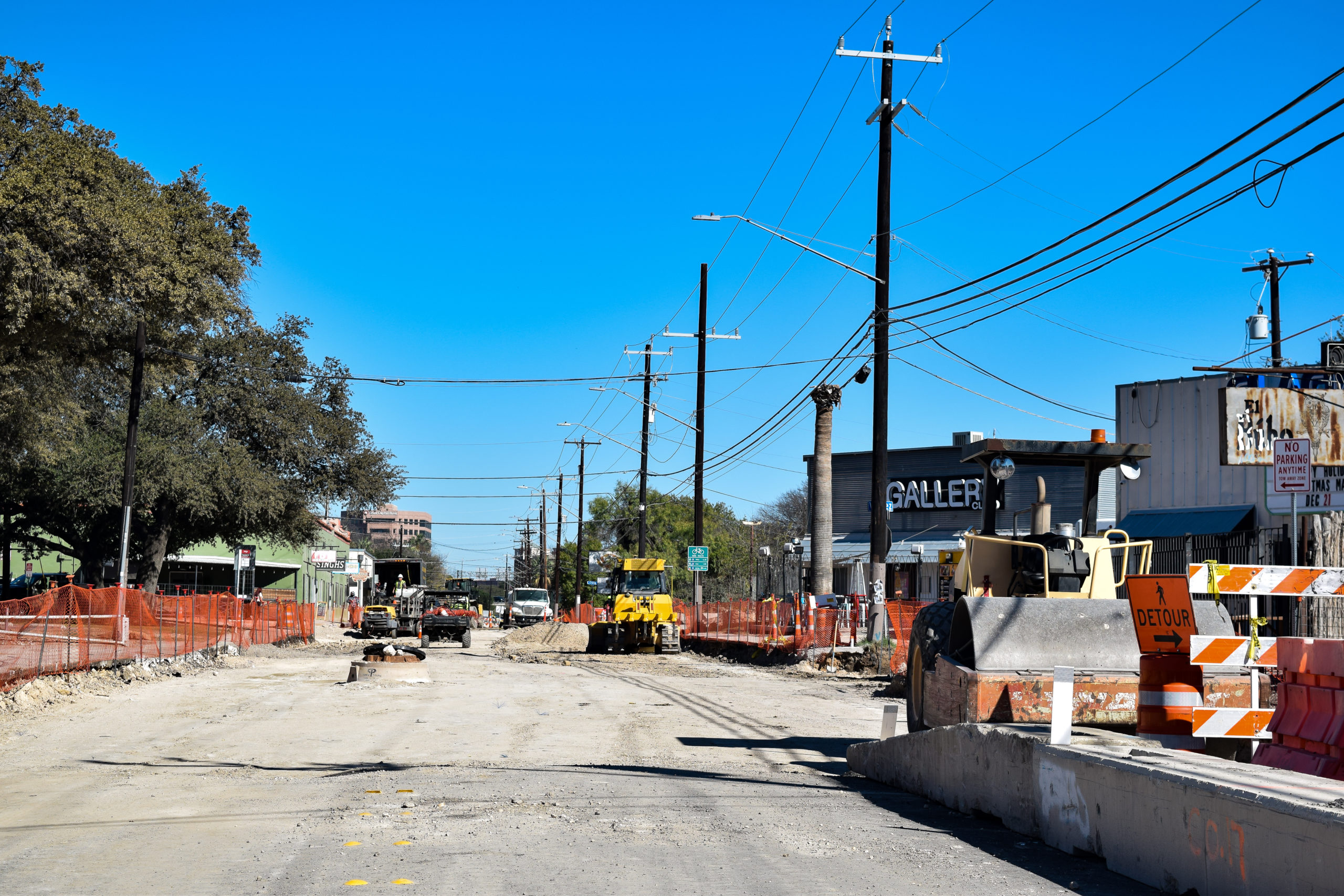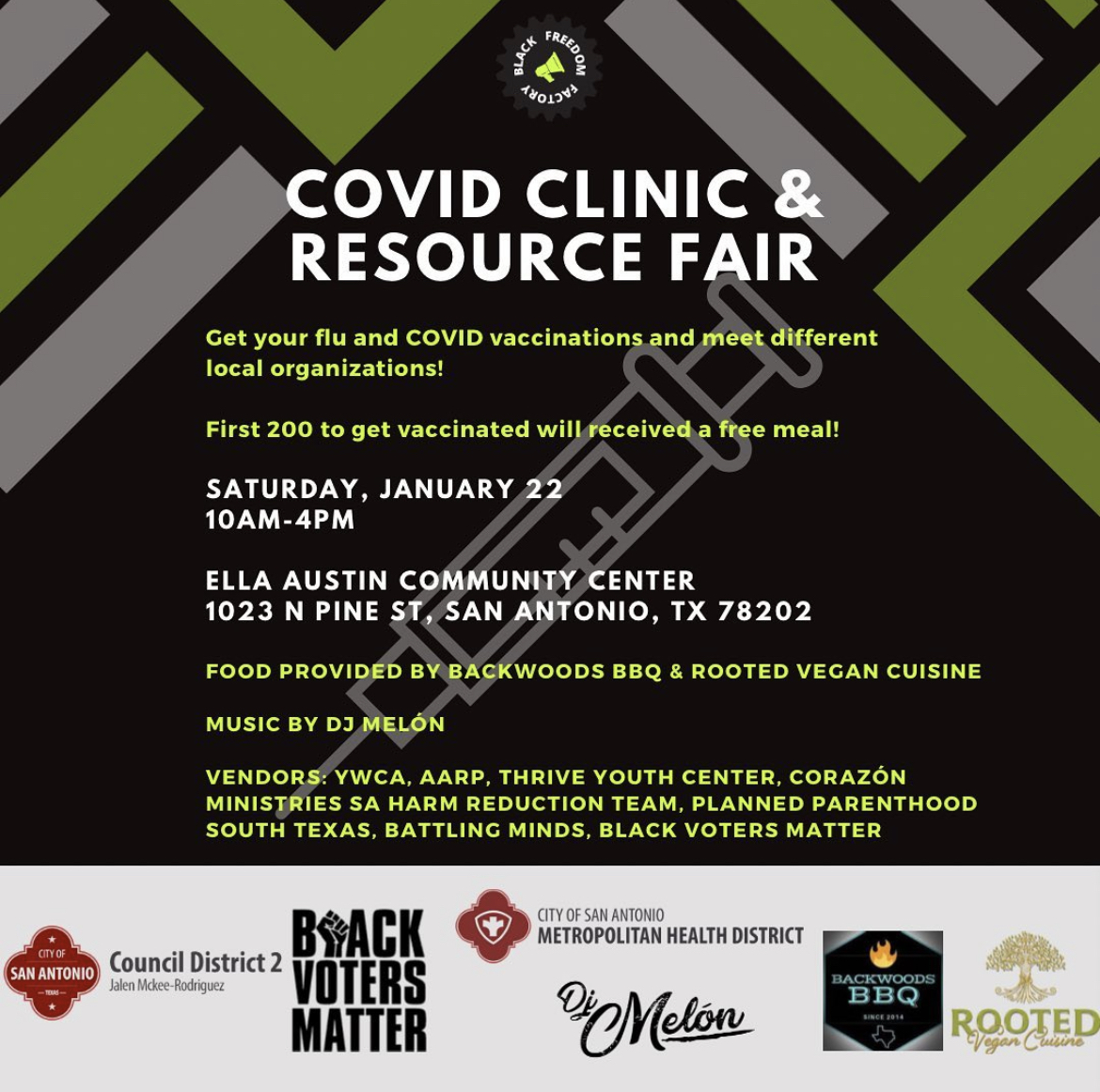“I appeal to all of you to get into this great revolution that is sweeping this nation. Get in and stay in the streets of every city, every village and hamlet of this nation until true freedom comes, until the revolution of 1776 is complete.”
– John Lewis at the 1963 March on Washington
With the nation surging in protests surrounding the fight for Black lives, re-imagining the sphere of professionalism is essential. From the playoffs in the NBA to Sprite commercials, every aspect of the country is being demanded to consider basic human rights.
But what does this look like locally? What does re-imagining professionalism mean from the ground up? Join The Black Freedom Factory in this conversation for the entire month of September.
Re-Imagining City Involvement
On August 20th, City Council officially declared Racism to be a Public Health Crisis in a 9-0-1 vote, and “committed to the city advancing health equity.” The resolution was submitted as a collaboration between Districts 2 and 7, community members, the Office of Equity, Metro Health, and the City Manager’s Office. While the vote was a hurrah-moment for the majority of council members, and an act that recognizes the historical context of racial segregation in the City of San Antonio, it is important that constituents pay attention to those who abstained — Manny Peleaz (who was absent) and Clayton Perry.
Concerned citizens who have been fighting hard on the ground, have held City Council accountable all summer long, even prompting the Mayor to call for a Special Session regarding the funding of the San Antonio Police Department via the Proposed Current Budget for Fiscal Year 2021 that came in at $487 Million.
Grassroots organizers have been relentless in advocating for change regarding Public Safety, both physically and virtually, even appearing at City Council, utilizing moments of public input to advocate for Black lives, demanding that city council members hear them.
On June 25th, silent tears streamed down a few council members’ faces as activists spoke, while Councilman Clayton Perry fell asleep several times. When prompted to raise their fists in solidarity, Co-council raised theirs as Perry’s remained down. Actions of disregard for the Black community’s public health and safety continued though racially coded language, as councilmember Perry makes statements that isolate the black community from being ‘tax payers’ in regard to his constituency and often regards black folk as ‘colored.’ While Councilman Perry represents District 10, he sits on a council that represents the entire city of San Antonio.
Re-Imagining professionalism means considering those fighting for basic human rights within a councilmembers constituency.
Re-Imagining professionalism means more than shaking hands and kissing babies for council members who foresee the future of the City Ordinances – more importantly it means respect.
Empowering ‘Good-Trouble’
Civil Rights Activist and Late United States Representative, John Lewis caused ‘Good-Trouble’ in his fight for racial justice and equality. Despite the rough-around-the-edges portrayal of Rep. Lewis, whose mugshot is famously referenced in American History, the Black American rose to obtain ‘professionalism’ on every level. Despite his transition from a grassroots activist to a U.S. Representative seat, his advocacy for civil rights and the interest of civil rights for all, remained the same. One might want to consider what the world as we know it today would look like if the pre-progressive definition of ‘professionalism’ were to ever hold John Lewis back.
Re-Imagining Professionalism is timeless – as it encapsulates the struggle and triumph of generations to come. ‘Good-Trouble’ can look like many forms of advocacy, but to most, it means holding our local city officials accountable. It means re-allocating funding from larger city sectors to underfunded organizations who are on the ground, doing the work.
What works is the individuality that exists within ‘professionalism.’ That is something that The Black Freedom Factory believes in.
